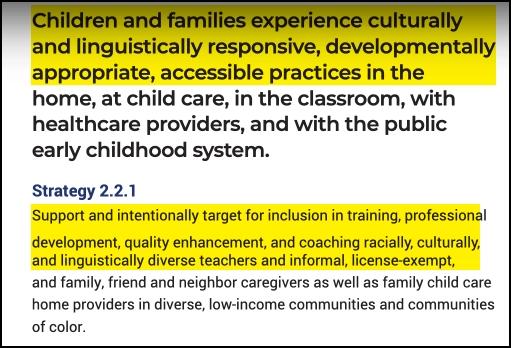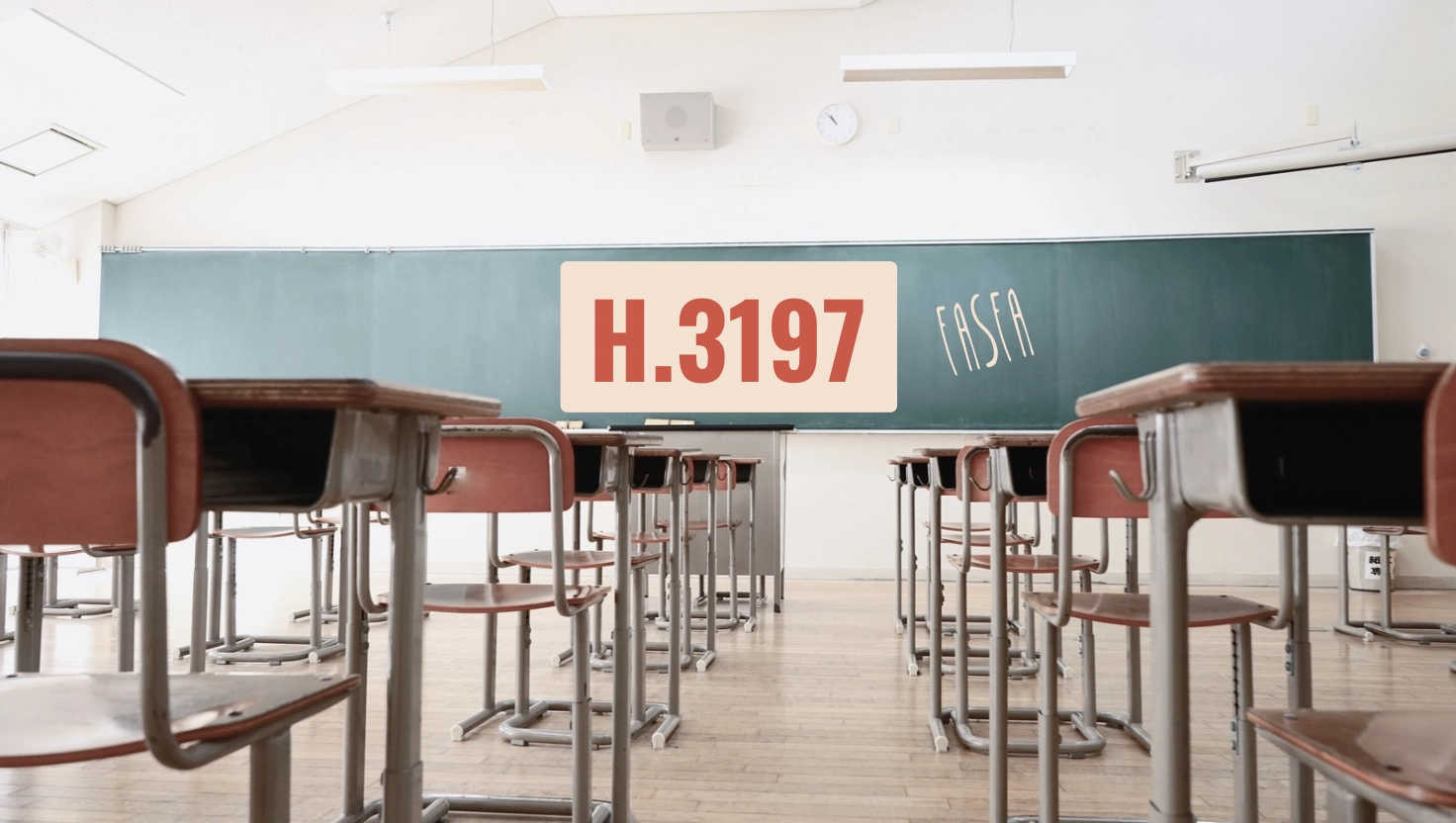The recent enactment of H4023 might have been met with applause in some quarters, but for those who delve deeper, the bill raises more concerns than commendations. This isn't merely legislative jargon; it's a direct challenge to the enduring values of a proud red state like South Carolina.
The Weight of Bloated Government
The permanency of South Carolina's First Steps program is a clear manifestation of a government that's growing beyond its stipulated boundaries. Previously governed by a sunset provision, which acted as a safety net demanding regular re-evaluation, the program now stands unbridled. But with this unchecked expansion comes an unspoken query: Who's bearing the brunt of this decision? Regrettably, the burden falls squarely on the shoulders of the South Carolina taxpayer. And this monetary contribution doesn't ensure equal access or benefits. The shadows of an outsized government loom larger than ever.
Centralized Control: Silencing Parental Voices
As we reflect on the expansion and intricacies of government oversight, another aspect of H4023 emerges that's deeply unsettling. Directly from the bill, SECTION 5. Section 63-11-1720(C) of the S.C. Code reveals:
"(C) The board shall include members appointed in the following manner: [in each of the lists below, parents will have little or no say as decisions will be made on behalf of and by the other participants, many of whom will have a completely different set of goals and a hidden agenda]."
Further disconcerting is the involvement of agencies like the Department of Mental Health. While every government agency poses its challenges, the Department of Mental Health stands out as perhaps the most insidious, dangerous, and untrustworthy.
The amendment in H4023, buried within the legalese, showcases a pivot towards centralized control, sidelining parental input. It's deeply concerning when those with potentially divergent, or even undisclosed, objectives are entrusted with decisions that shape our children's futures. Such changes further distance the governance from the very individuals it's supposed to serve, adding weight to the growing bureaucracy that threatens the values of a proud state like South Carolina.
The DEI Dilemma
With H4023, South Carolina unexpectedly finds itself enshrining yet another DEI initiative. Open the strategic plan pdf and look under Strategic Priority 2.


Considering recent discourses, one would have hoped for a move away from these indoctrination programs. The implicit support of DEI within this bill illuminates the overlooked ramifications and unintended consequences we've witnessed from such programs in the past. As history has shown, their implementation often diverges from their (fictional) promised outcomes, leading to divisive issues rather than unifying solutions.
The Shadow of the APA: Overseeing South Carolina First Steps
Another major concern identified in H4023 is outlined in SECTION 8, Section 63-11-1730 of the S.C. Code. It states that the oversight and accountability for the South Carolina First Steps to School Readiness Initiative will be in accordance with the guidelines set forth by the APA.
Why is this concerning? Over the last six decades, the APA (American Psychological Association) has devolved into one of the most dangerous groups in our country, completely abandoning honest inquiry and healthy, normal human nature and child development. Instead, it now focuses on perversion, changing humanity, and promoting the dumbing down and indoctrination of the populace.
The Slippery Slope of Public-Private Alliances
The bill’s leanings towards public-private partnerships are, perhaps, its most veiled yet perilous feature. Historically, such models have often acted as trojan horses, offering a backdoor for governmental overreach into private spheres. The shift from shareholders to "stakeholders" isn't mere wordplay; it's a foundational change priming the stage for an escalated government influence.
Moreover, beneath its proclaimed benevolence lies an evident undermining of family values. By championing communal responsibility, the very essence of family structures gets diluted.
Veiled Agendas and Future Implications
Terms sprinkled throughout the bill, like "strategic plan" and "community," aren’t innocuous. They hint at a bigger picture—greater state control, all-encompassing and pervasive. The non-profit affiliations and their fit within the 501(C)(3) structure further add to the complexity. And as multicounty partnerships gain momentum, one can’t help but see the makings of an inflated administrative body, ultimately conceding more authority to centralized government.
In the tapestry of legislation, H4023 stands out not merely for what it proposes but for the broader implications it carries for our state. As South Carolinians, we find ourselves at a crossroads: do we passively accept this trajectory, or do we critically evaluate the foundational shifts such policies usher in? The essence of our red state is not just in the hues of our politics, but in the principles we uphold. It's time to revisit those principles and engage in earnest discourse. For the sake of our cherished values and the future we envision for South Carolina, we must delve deeper into the layers and implications of such legislation.

Subscribe to ConservaTruth's Email Newsletter for curated insights on South Carolina's legislative activities and conservative viewpoints, delivered straight to your inbox! With vetted and easy-to-understand information, our newsletter empowers you to become an informed and engaged citizen, actively participating in safeguarding our cherished Constitutional values. Don’t miss out on crucial updates—join our community of informed conservatives today!






Comments